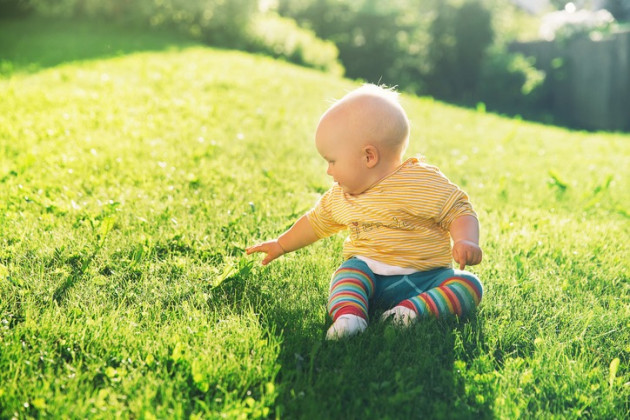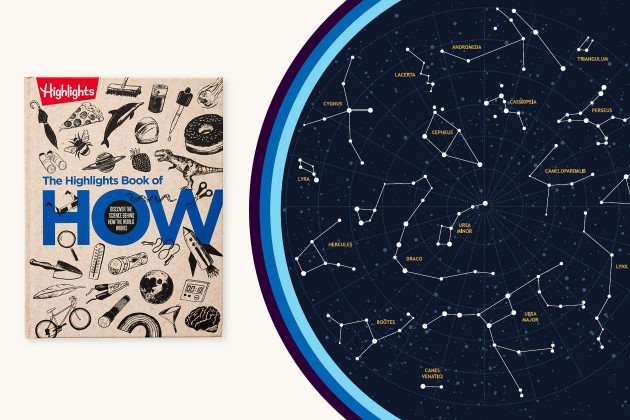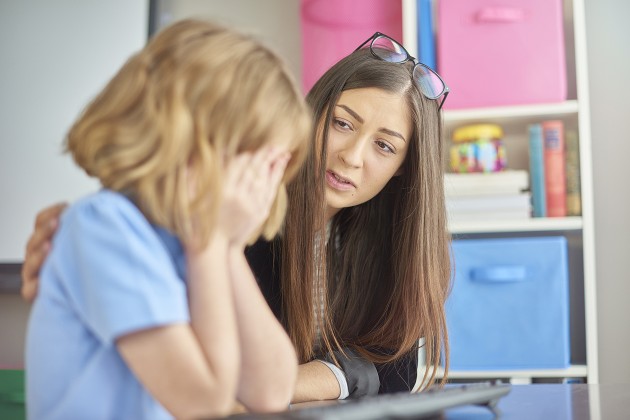The Surprising Benefits of Outdoor Play for Babies

You undoubtedly know that play is critical to your baby or toddler’s growth and development. Play is how little ones make sense of the world, absorb new experiences, test hypotheses, communicate observations and acquire knowledge via the scientific method, trial and error or just plain good guesses.
But in addition to play in general being great for kids, outdoor play contributes to your baby’s growth, development and first few introductions to lifelong learning.
Outdoor play, say experts, promotes creativity and problem solving in children. It also boosts baby’s curiosity, confidence, grit and social and cognitive skills, including speech and language development. And that’s true whether that play occurs smack in the middle of nature or somewhere on the periphery, and whether you are soaking up the warm rays and gentle breezes this summer or the wet snow and icy cold winds next winter.
Recent studies on the benefits of outdoor play have focused largely on its effects on school-age children. But experts agree that even tots derive huge benefits from consistent, age-appropriate, unstructured, closely supervised outdoor activity. In fact, experts say, the earlier you engage your child in outdoor play, the better it is for his physical, emotional and intellectual development.
Studies have found that outdoor play in childhood can:
- Cut the risk of obesity, heart disease and diabetes
- Boost kids’ agility, balance and coordination
- Lead to higher standardized test scores in school-age children
- Hike little kids reasoning skills and powers of observation
Use these tips to create exciting, age-appropriate, fresh-air experiences for your outdoor-loving little one.
For your infant to 9-month-old:
Grab a blanket or a play mat, and a few favorite toys. Then, set up camp outdoors on a grassy patch in the shade, or on a covered porch or patio. Place your baby flat on the blanket to enjoy the sights, smells and sounds around you. Does your baby seem to notice the blue sky, wispy clouds, freshly mowed grass, flowers, chirping birds, children’s voices, car noises and airplanes in the distance? Point to each sight around you and name it out loud for your baby.
For your 10- to 16-month old:
Now’s the time to boost the challenge for your future nature ranger with a few outdoor activities that are, frankly, much more active. Take a stroller ride around town, down the block or through a park and point out the small pond, flowers, shrubs, bushes, trees, trucks and buses, parked cars, windows, doors, pets on leashes, large buildings, little shops and people going in and out of them. Imitate noises you hear and teach baby how to replicate them. Try sounds like “Vroom,” “Beep-beep,” “Screech” and “Honk, honk.” At the park or back at home, help your child explore the world of nature beneath bare feet or sneakers. Is that a worm? An ant? Play peek-a-boo with leaves. Blow soapy bubbles or roll a ball or two in your baby’s direction. Can your child catch them?
For your 17- to 24-month-old:
Head outdoors and add water fun to your playtime. Fill cups and let your baby empty them. Show your toddler how to make mud pies and mud dinners; use leaves in place of lettuce. Together, make a picnic table fort or line up sturdy lawn chairs to form a tunnel. Dine alfresco, dig, collect rocks, water flowers, build a birdhouse, squirt a hose, check out wildlife or feed your family’s pets and critters.
Enjoy meaningful time together with gifts for babies and toddlers that introduce them to their world. It’s never too early to explore, read and discover together!









